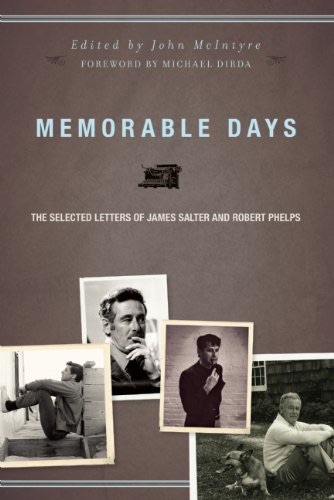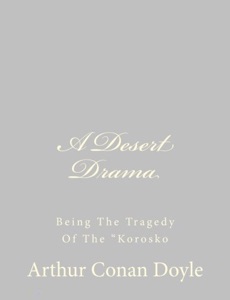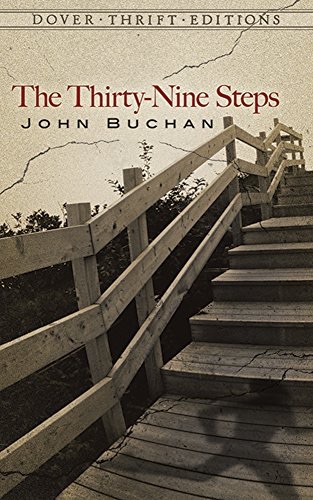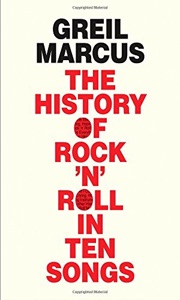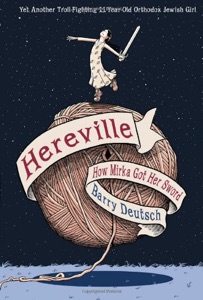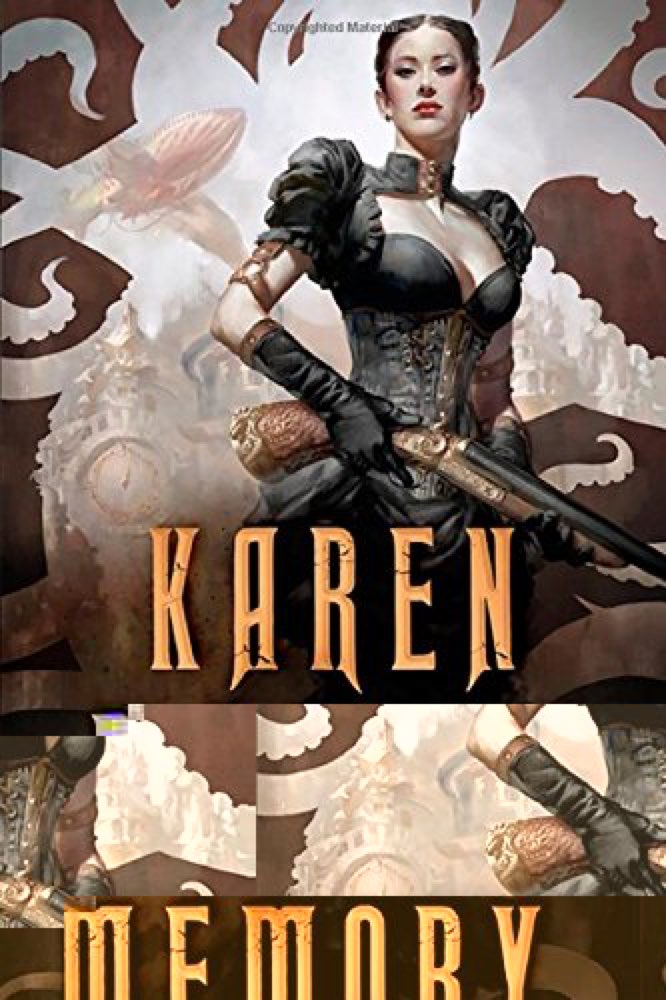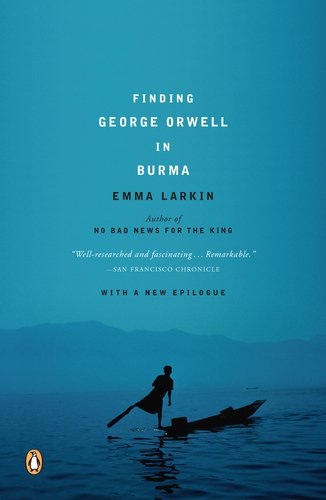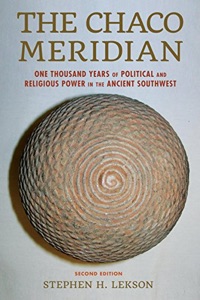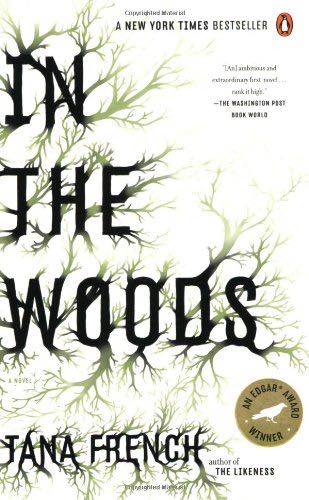Newly revised and expanded edition of Lekson’s daring and irreverent manifesto which proposes a historical framework for the American Southwest. The traditional view of the Southwest before Spain has been scrupulous to avoid history: as Lekson says, “no states north of Mexico” has long been dogma. Lekson argues that Chaco (900-1100) was a state (or, more properly, an altepetl) with princes and palaces, that it first moved north to Aztec for a generation, and then jumped South all the way to Paquime/Casas Grandes. In the second edition, he extends the trip further, proposing that after Paquime fell, its elites relocated due South once more to establish Culiacán.
Strikingly, Aztec is almost exactly due north of Chaco, and Paquime and Culiacán are due south. They're the biggest and strangest sites of their time. The alignment is embarrassing, but it’s real, and it turns out that ancient travelers could in fact have surveyed the route this accurately.
There’s lots of interesting news in the fifteen years since the first edition. We now know what those weird, distinctive Chaco cylinder pots were for: they were for drinking cacao! We know because Crown and Hurst grabbed some fragments fresh out of the trash heap, ground up a thin layer of the interior, and ran the extract through a mass spec: theobromine — the stuff in chocolate! So those dudes at Bonito drank hot chocolate that was harvested somewhere in south-central Mexico and hand-carried, across mountains and deserts, for their ritual enjoyment. (This stuff must have cost far more than the most costly wine.)
Whether or not Paquime is Aztec relocated (or, perhaps, the faction of Chaco that couldn’t live with the guys going to Aztec one day more), it's now clear that the Southwest knew about, and participated in, Mesoamerica. Lekson is surely right, too, in thinking that they knew about Cahokia. Even if you have to carry every scrap of your food, and even without horses or carts, you can walk hundred of miles. Sacagawea wasn’t the first native American to take a long walk.
Lekson is an irreverent and radically informal writer, and among the great stylists of contemporary historical writing.
June 27, 2015 (permalink)
